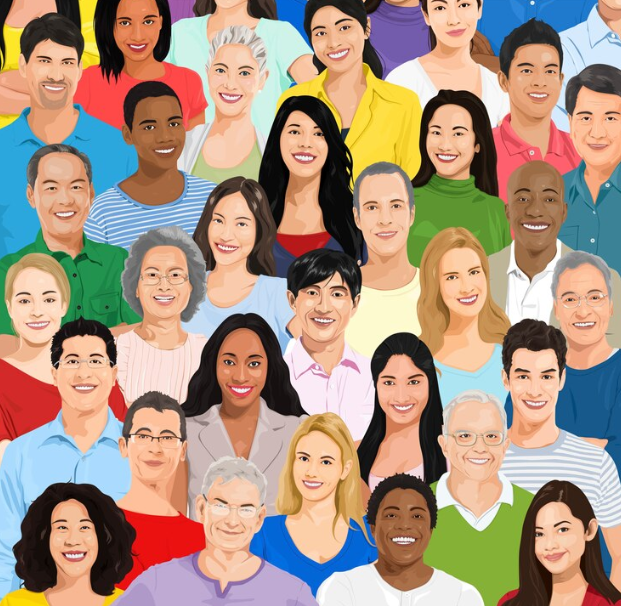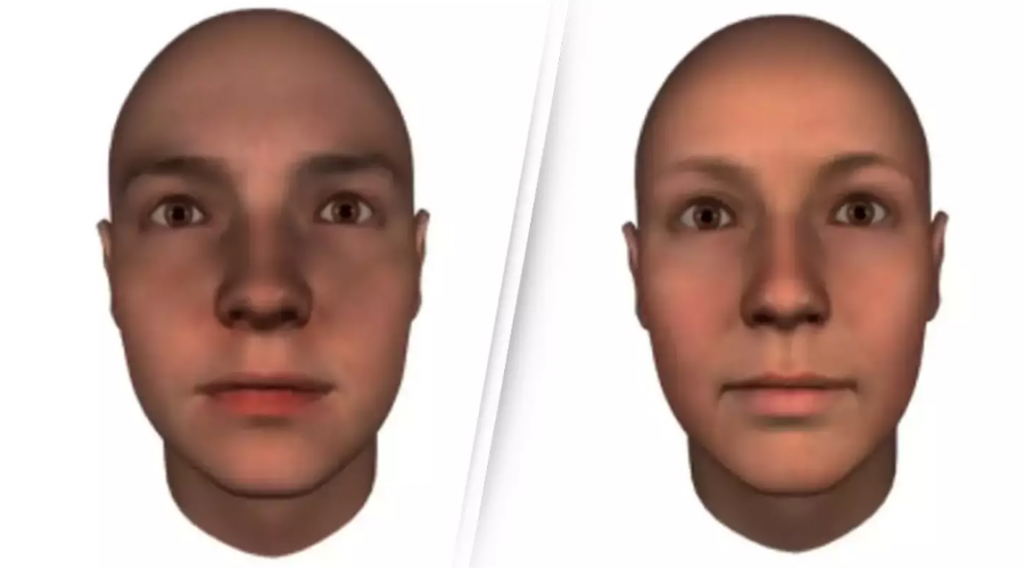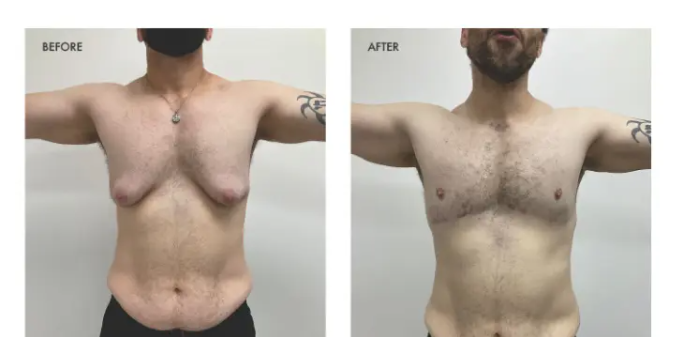Do You Look Rich or Poor? Study Reveals How Your Face Determines Perceived Wealth

©️ rawpixel.com / Freepik
Ever been told you have a poker face? Or a b*tch face? How about a rich face?
A recent study from the University of Glasgow suggests that people might make snap judgments about your wealth just by looking at your facial features. In other words, our faces may reveal wealth or the lack of it.
Do Our Faces Reveal Wealth?
The study, involving white participants from Western cultures, identified specific facial characteristics that people commonly associate with high or low social standing. These superficial judgments were based on perceptions alone, without any knowledge of the person’s actual background. Here are the notable features:
Perceived as Wealthy
- Narrow faces
- Smiley, upturned mouths
- Raised brows
- Closely-spaced eyes
- Light, warmer complexion
Perceived as Poor
- Wider, shorter, and flatter faces
- Downturned mouths
- Cooler complexion

Implications and Stereotypes
The study revealed that faces perceived as wealthy were also seen as more trustworthy, competent, and warm. In contrast, those perceived as poor were judged as less trustworthy and incompetent.
Notably, such judgments based on appearance alone can have significant downstream consequences. Dr. R. Thora Bjornsdottir, the lead author, commented on how these superficial judgments can disadvantage those perceived as lower class, affecting their social interactions and opportunities.
Further analysis showed that people use very few facial cues and rely on stereotypes to make their judgments. One stereotype, that attractive people are wealthier, was accurate in dating profile photos. However, in neutral faces, the only valid cue was the stereotype that wealthier people look happier. Indeed, rich people with neutral expressions showed more positive emotions than poor people, and viewers used this emotional information to judge social class. These perceptions of social class based on facial cues also affected how participants judged the employability of the people in the photos, indicating that face-based impressions of social class can have significant consequences.
Notable Examples
Although not explicitly mentioned in the study, prominent billionaires such as Mark Zuckerberg and Jeff Bezos exhibit some of these “wealth-associated” features. Zuckerberg has a narrow face, while Bezos has a warm, ruddy complexion and upturned features, aligning with the study’s findings.

Broader Context
This isn’t the first time research has explored the connection between facial features and perceived wealth. A 2017 study from the University of Toronto also found that people could guess someone’s wealth with about 53% accuracy based on their facial appearance. Co-author Nicholas Rule explained that over time, faces tend to reflect and reveal a person’s life experiences, even when they are not consciously expressing emotions.
Stereotypes and Social Perception
Dr. Bjornsdottir highlighted that these findings underscore the impact of social class stereotypes on our perceptions. “The stereotypes we hold bias our perceptions,” she noted. “Our impressions of other people can lead to particular advantages or disadvantages for them.”
The Psychological and Social Impact
The study further explained that “poor-looking” faces appeared more “infantile,” with rounded features similar to a child’s, which can be associated with lower fitness, intelligence, or a submissive personality. In contrast, “rich-looking” faces were seen as more dominant, capable, and honest, featuring longer, more defined structures with protruding noses and high foreheads.
Professor Rachael Jack, another researcher involved in the study, emphasized the importance of recognizing these biases to mitigate their effects. “Our research demonstrates how specific facial attributes play a pivotal role in connecting social class perceptions with related stereotypes,” she said. “These findings are not only valuable for advancing our understanding of central social perception theories but could also help with future interventions designed to interrupt biased perceptions.”

In summary, while it might seem superficial, the shape and features of your face could influence how others perceive your social standing. Understanding these biases is the first step toward addressing and mitigating their impact on social interactions and opportunities.
You may also like: Study Reveals: Online Classes Affect Female Students’ Grades


